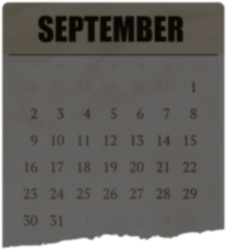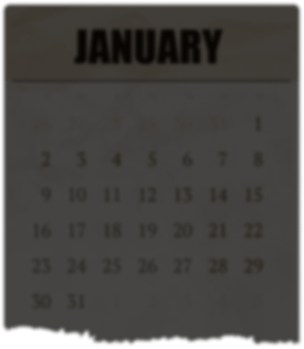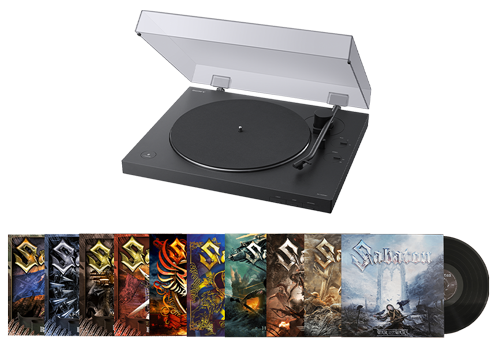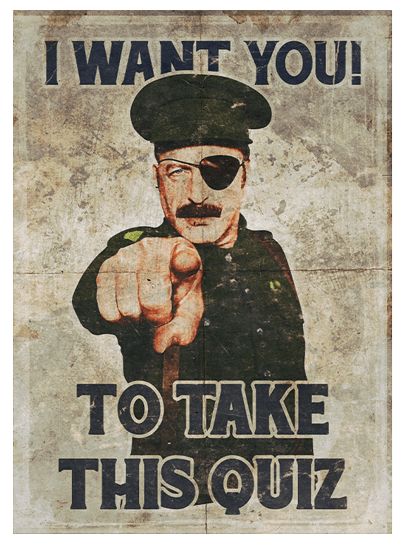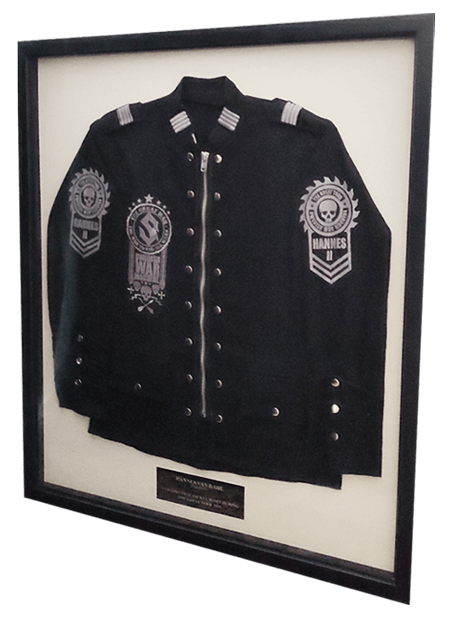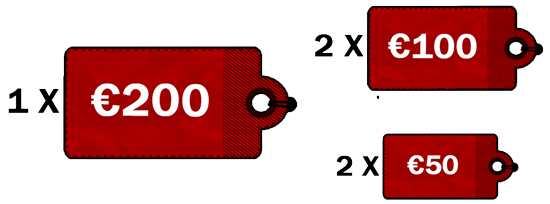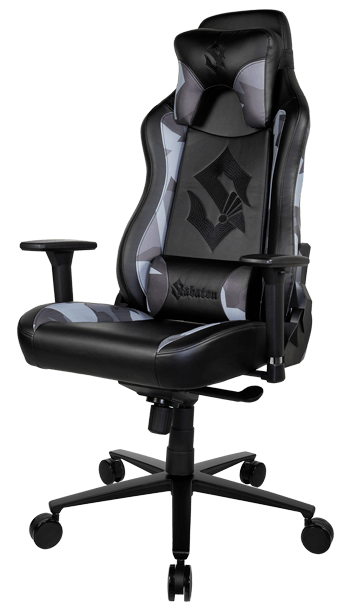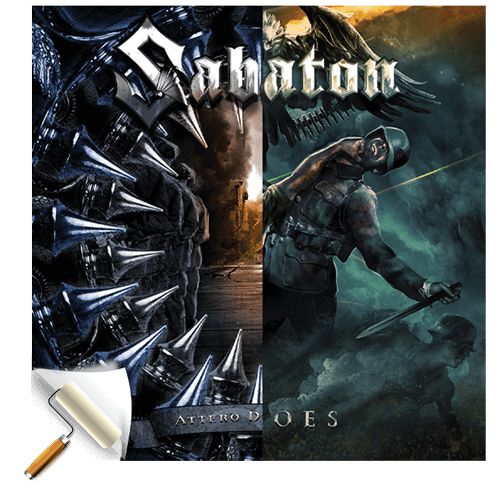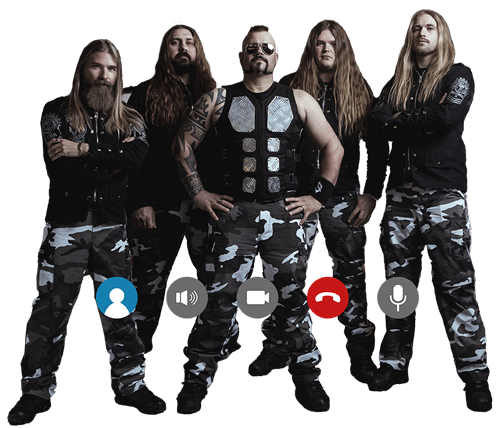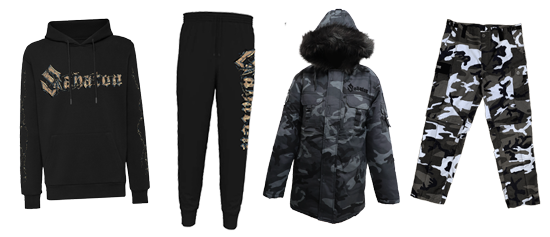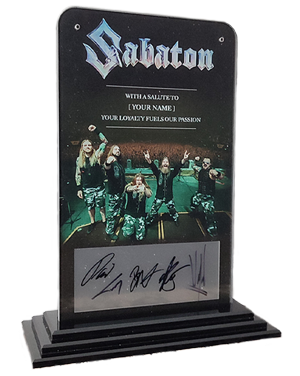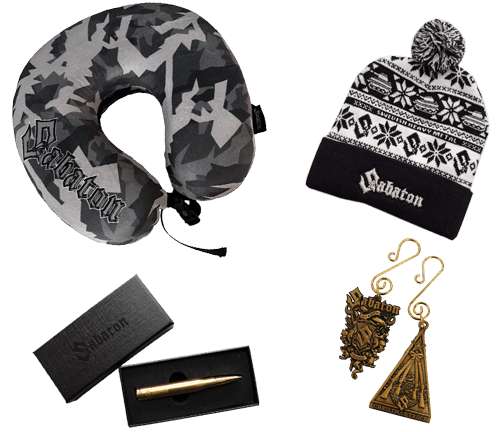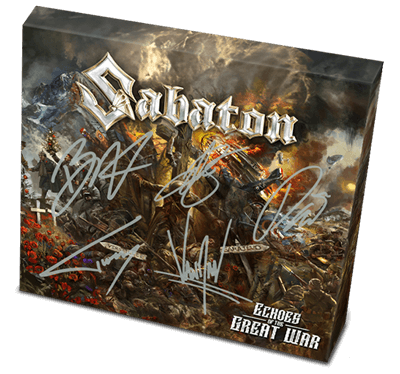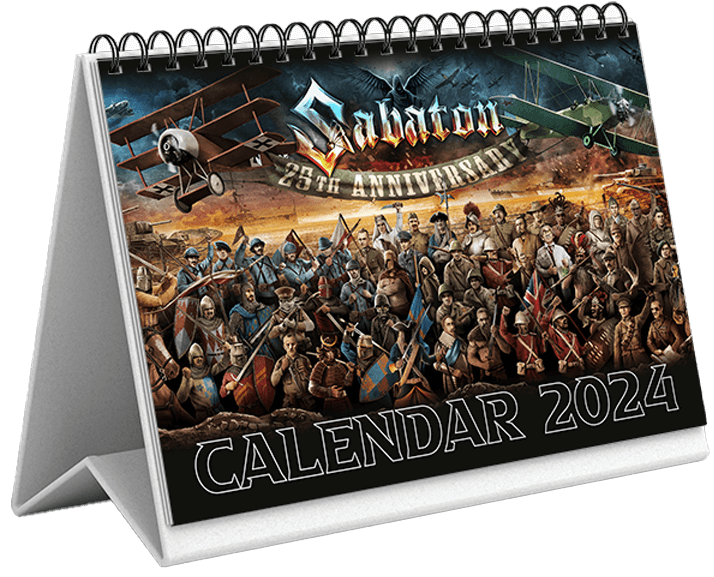Great War
The Great War. La Grande Guerre. Der Große Krieg. What exactly could have been so ‘great’ about the war of 1914-1918 for it to deserve that name?
As the writer H.G. Wells noted, many felt like this would be ‘the war to end all wars’. The war against German militarism; the war to reclaim French land; the Pan-Turanian War and more; it was all of those and none of those. And surely, once the thread of militarism was gone, or once those lands had been reclaimed, there would finally be lasting peace again? Nothing could have been further from the truth.
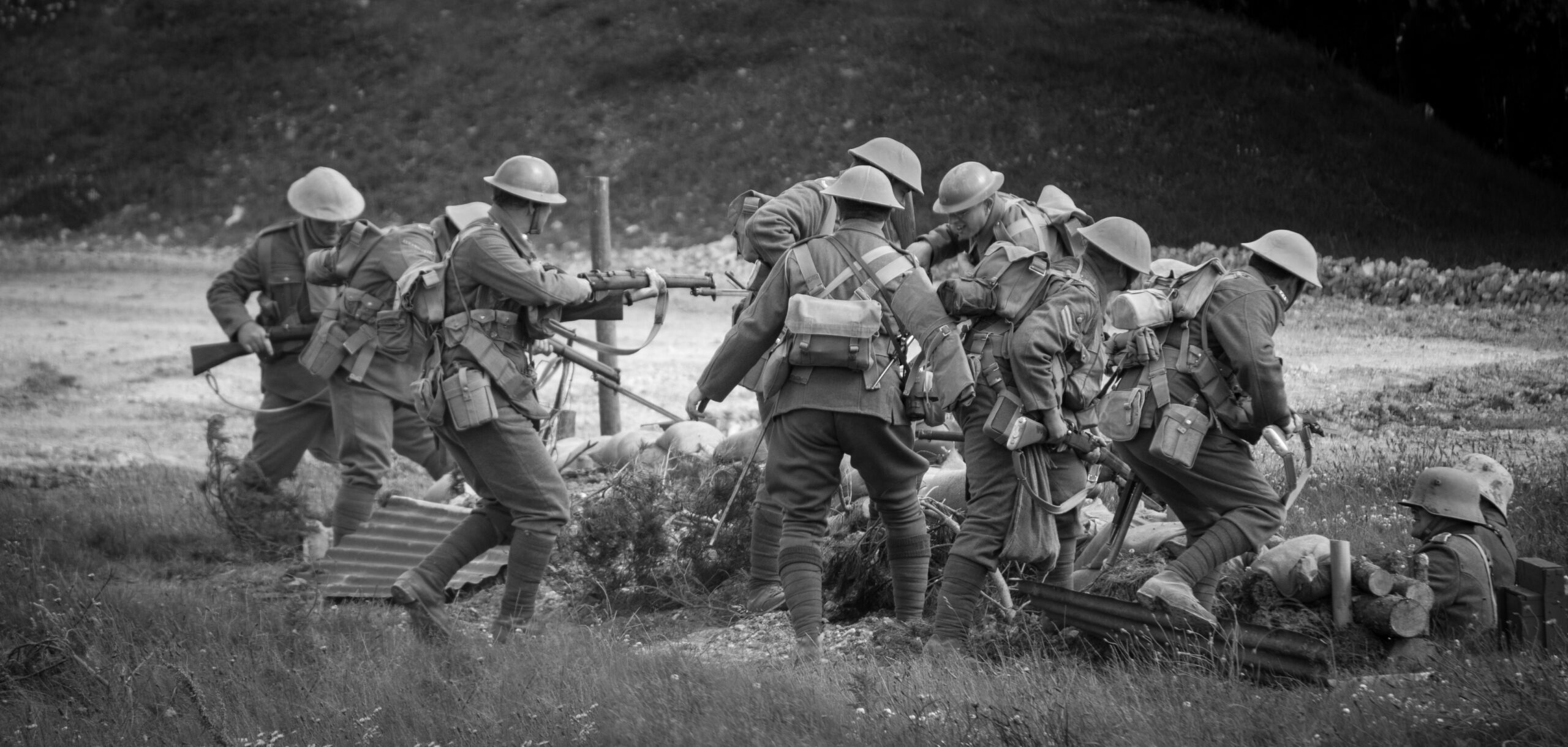
In general, historians disagree about the exact causes of the outbreak of war in 1914, and there are in fact many to choose from, but few can deny that Europe had been chained to a whirling maelstrom of conflicting interests and alliances that was growing ever larger and more precarious – a gordian knot, which when cut, meant disaster for the old world.
There had been a ‘Great War’ before; the war in 1815 in which another coalition of Europe’s nations had fought against a mighty emperor, and which had been called ‘Great’ by contemporary politicians and publishers. But Napoleon Bonaparte‘s defeat and the destruction of his French armies had not brought the everlasting peace many imagined would come. The Concert of Europe was designed to keep stability and peace on the continent, but that ultimately failed and opened it up to total war. It could not prevent revolutions or war after war from breaking out as the decades rolled along. And 100 years after Napoleon, the powder keg, filled to the brim with the ambitions and hubris of Europe’s leaders, exploded once again into an all-engulfing war.
Some carefully called it the ‘European War’, the Times named it the ‘Kaiser’s War’, but the terms ‘Great War’ and ‘World War’ had been on many lips, even as the guns of August 1914 thundered in the east, the west and the south of Europe. Nations worldwide, such as the United States, the Ottoman Empire, Bulgaria, Brazil, Italy and Japan would all join the war, some sooner and some later. But even from the very start, a majority of people seemed aware of the fact that this war – though initially among European empires and their global possessions and mercantile connections – would have a lasting worldwide impact. Still, many intellectuals hailed the hostilities as the grand thunderstorm that would clear the air over Europe, and in aftermath of which there would be lasting peace.
But after the first bloody months, as hundreds of thousands were killed, marching and charging recklessly into the modern rifles and machine guns of their enemies, the mood soured quickly. The entrenched machine gun became a symbol of how the great nations had opened Pandora’s Box – they could not simply close it again. And so wrote Maclean’s magazine in October 1914, “Some wars name themselves… This is the Great War.”
The scale of death and suffering
The high and mighty, the kings and statesmen, the bankers and captains of industry, had criminally failed to predict the level of insanity and the scale of death and suffering the soldiers on the ground, the fathers, the sons and the brothers were to face for years with no end in sight. Gone quickly was the enthusiasm of the first weeks of the war, when troop trains were brightly coloured with ‘To Paris’ or ‘To Berlin’. When the German joked that they would just send the police to arrest the British army instead of bothering to send troops. When Russian officers swore off vodka for the duration of the war. When the war was the war that would be over by Christmas.
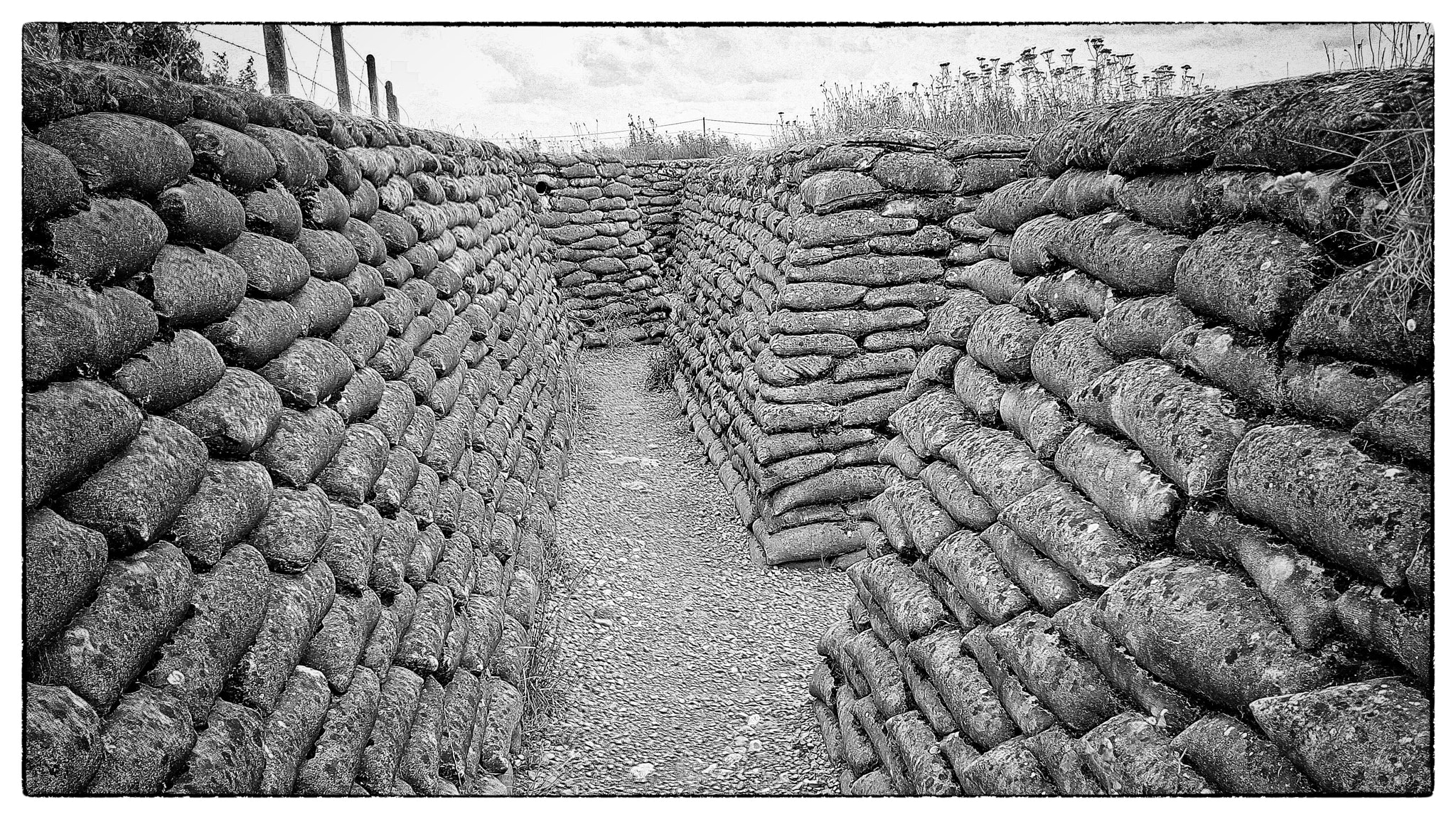
The battlefields of Verdun, the Isonzo River Valley, Galicia, the Tigris River, Sarikamish or the Argonne Forest… their names became synonymous with destruction and suffering. For the men stuck fighting the war, they bore more fitting names such as ‘the meat grinder’, ‘the mountain that eats men’, ‘the bone-mill’. Being sent to the front at Flanders, for example, was pessimistically known as a ‘death sentence’. “Death rides a pale horse in Flanders”, the Germans sang, and John McCrae’s legendary poem In Flanders Fields described it as a place where “the poppies blow, between the crosses row on row.”
Men were no longer even fighting and dying on their feet, like they had in earlier wars. Now they crawled, hid, hunkered down behind earth, wood and concrete. Glory or honour were long gone. Instead, they fought enemies without even seeing them, with gas and grenades or long-range artillery. They slept in dugouts, lived in trenches or waited in bunkers, and the constant drumming sound of being shelled took a harsh toll on the men’s psyche, driving many insane with fear.
There was no escape. On the Western Front, snipers and shrapnel barred every way out of the safety of the trenches; on the Tigris, the desert heat, disease and the floods of the river ground soldiers down; in the Alps, avalanches, ice and bitter cold broke the men. For many soldiers, it was a life between the dead, tasting the sweet smell of decay, of rotten bodies that lay out there baking in the summer heat of no-man’s land. The moans of the wounded and the slowly dying, who could not be relieved, haunted the soldiers’ sleepless nights. Stuck in mud or the cold of winter. Wounded soldiers who fell into flooded shell holes drowned, too weak to get out on their own. Men grew accustomed to the violence; to death and killing. Ordinary men became indifferent to the suffering of their opponents, brutally killing them with guns, clubs or knives in close combat. The death-head became a proudly worn symbol on many flags during this war.
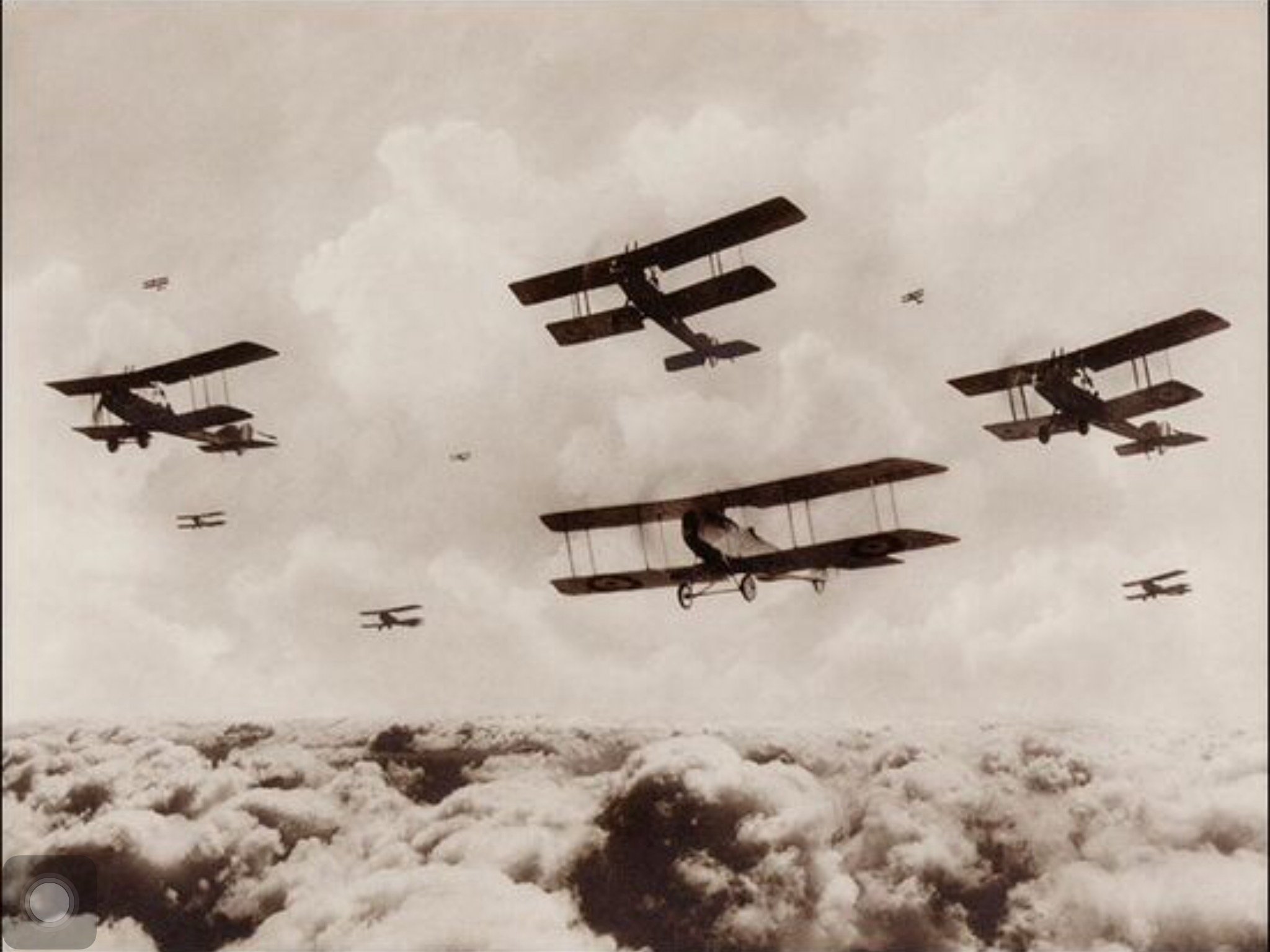
But even then, the men marched on. Despite the horrors and the hardships, the men endured year after year, battle after battle. The war grew larger, first in scope as more and more nations joined, then in magnitude as the mega battles of 1916 – the year of battles – raised war to a level of horror never even before imagined. The battles raged on and grew larger in the skies, on the seas and even beneath them. From the hot deserts, the misty swamps and frozen winters, the soldiers endured on the offensive and on the defensive.
The futility of war
The Battle of Passchendaele is one of the overlooked battles of the Great War, but it was significant. It certainly embodied the futility of the war – only a small amount of territory was gained for the Allies at the cost of half a million or more soldiers. But this was just one battle of doz-ens on one single battle front, in a war that had over a dozen major battle fronts.
But even all this madness had to end, and when it did, the world had changed. Four great Empires had fallen, taking their kings and emperors with them. In their stead in many places, the people rose up to rule themselves in democracies. Many new nations emerged, ready to take their destiny into their own hands, and victor and vanquished alike swore that such a war should never come again. The scale and the ferocity of the Great War should be a warning for future generations, not to repeat the same mistakes, not to get dragged down into the abyss of inhuman destruction. The lessons of the war, in which we had learned to anonymously kill each other by the hundreds of thousands with gas and fire, aircraft and tank, should be an everlasting warning and lead to the triumph of peace over war.
But peace did not triumph, nor did the violence stop with the end of the Great War. The fighting and the dying continued far beyond the armistice of November 11, 1918, particularly, but not limited to Eastern Europe and Russia, where the consequences of the war were revolution and civil strife. This led to a whole new generation of brutalised young men who embraced violence as a tool with which to establish power, and to further years of bloodshed as civilians died by the millions and warring factions rose and fell. In time, many of those bright, young democracies would fail, as disillusion and delusion brought a wave of authoritarians to power.
No, the peace that was to come did not come.
The best advocates for such peace were naturally the veterans themselves. Even those lucky enough to escape the Great War without physical wounds, those who had not lost their hands, their feet and their eyesight, they still bore mental scars for the rest of their lives. There are enough tales of men who lived long lives after the Great War, but who even as old men woke during the night screaming at the top of their lungs about shells and incoming attacks. The memories of the Great War never left them. After 1918, the ‘Great War’ was given many more names and would one day be better known as ‘the First World War’ to many outside of Europe. But still, the name the ‘Great War’ stuck.
World War I was the inspiration behind our song ‘ Great War ‘. Take a look at the lyrics we wrote here.
If you’re interested in a more visual interpretation of the above story, watch our Sabaton History episode, Great War – World War One:
